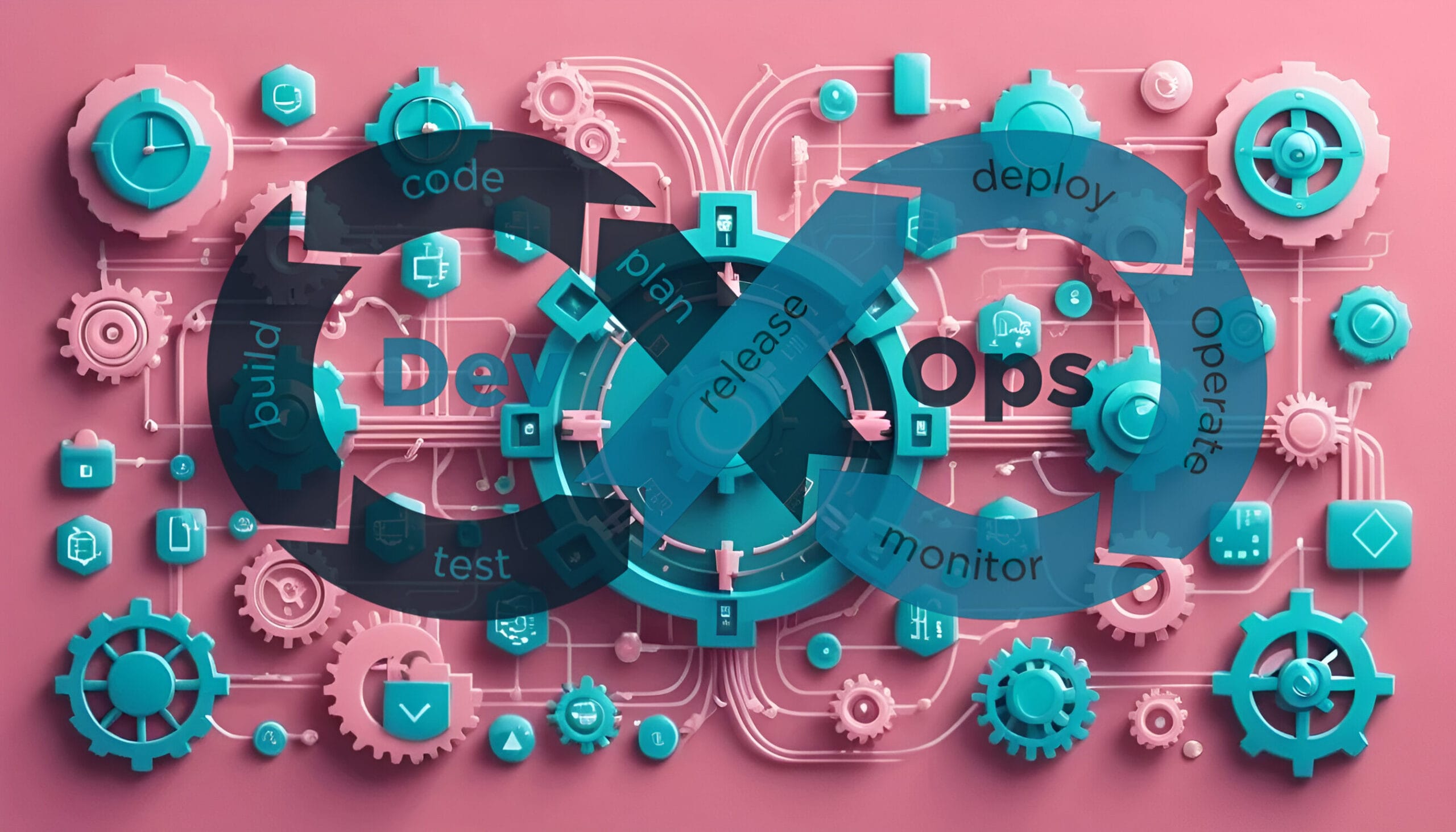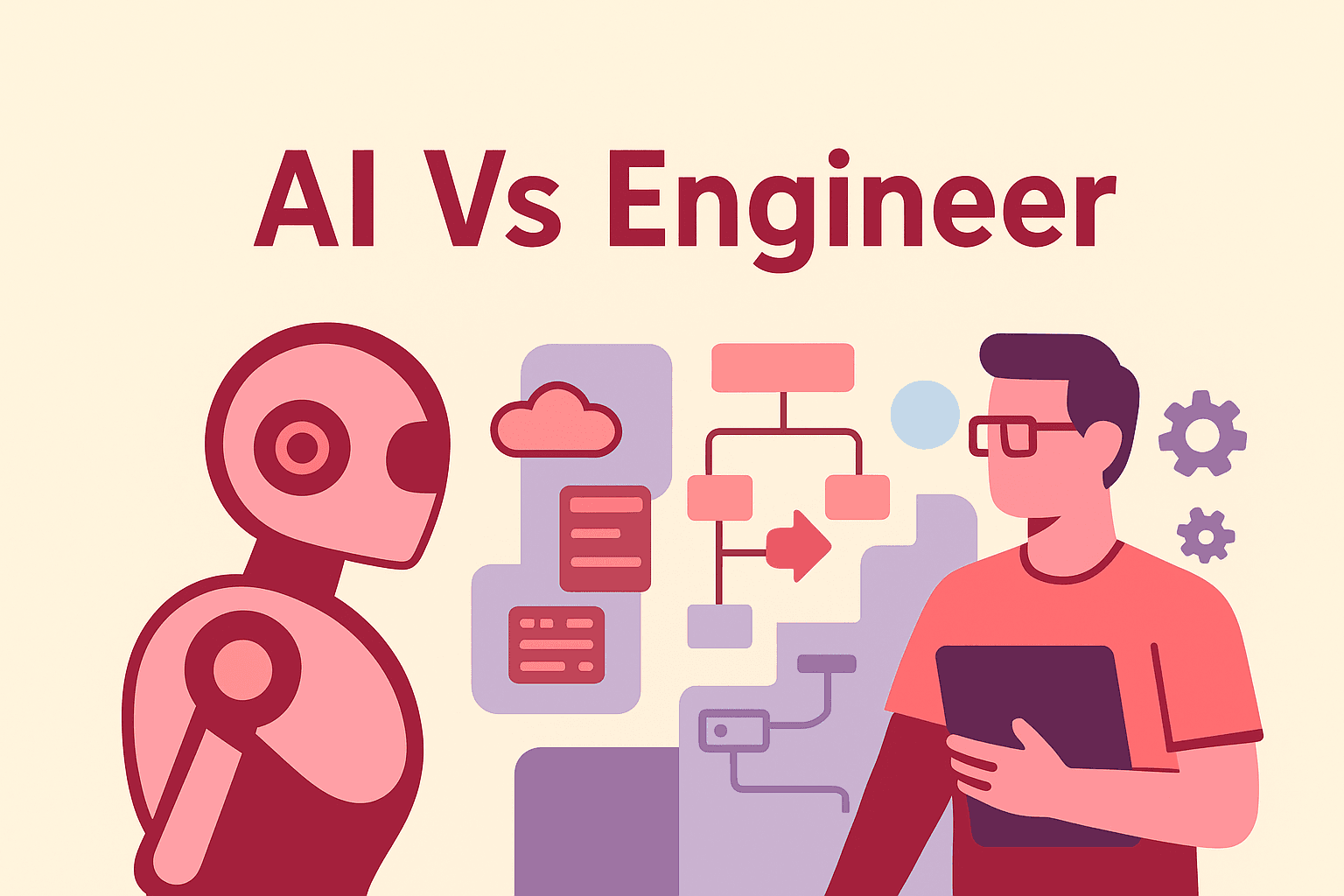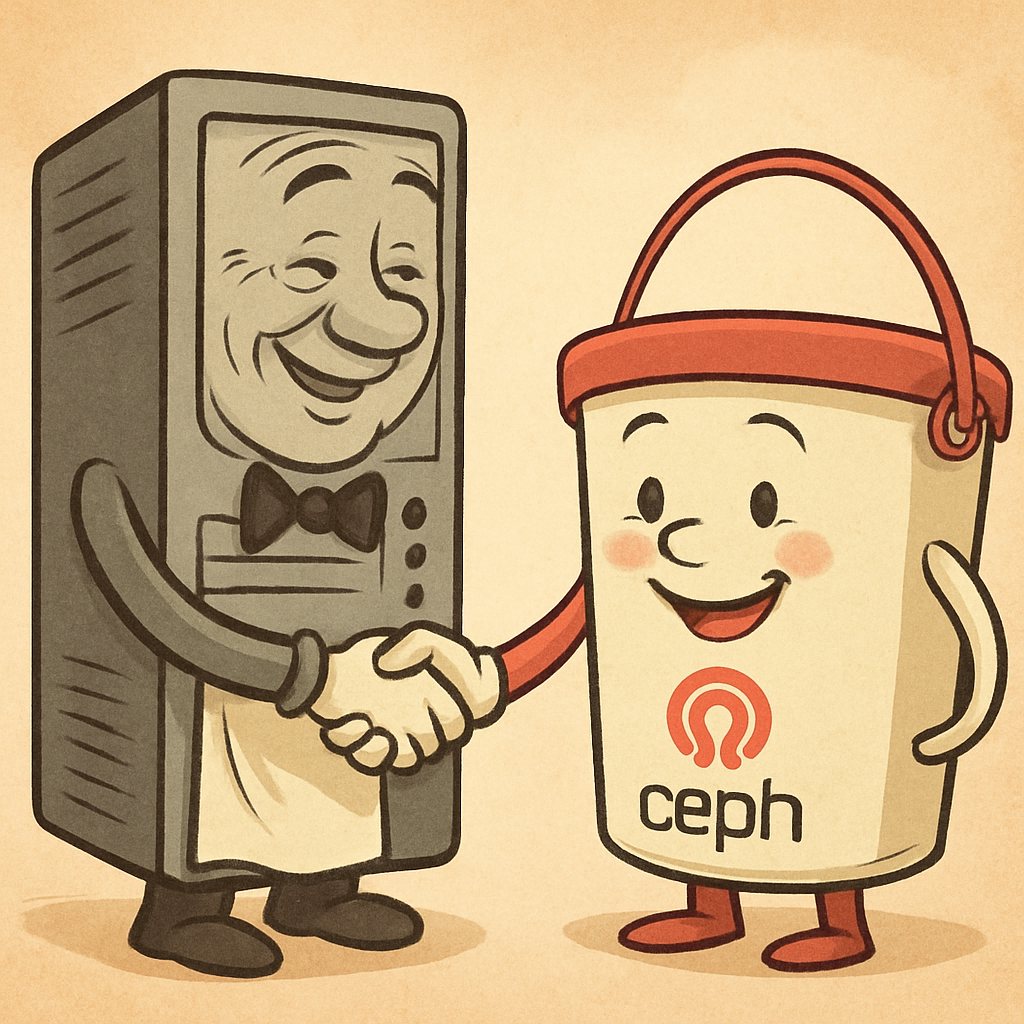[tldr]Mastering DevOps with Linux enhances collaboration, automation, and efficiency. Linux is vital for DevOps due to its flexibility, security, and cost-effectiveness. Learning DevOps requires hands-on practice, understanding core principles, and mastering tools like Docker and Jenkins. Embrace continuous learning to optimize workflows and lead in the tech industry[/tldr]
What if the secret to revolutionizing your software delivery process was already in your hands an operating system that powers over 90% of cloud servers globally? Welcome to the world of DevOps with Linux.
Linux isn’t just an operating system; it’s the backbone of modern innovation, driving seamless automation, unmatched scalability, and robust security.

DevOps with Linux is a transformative approach to software development and IT operations, focusing on collaboration, automation, and continuous improvement. As organizations strive to increase their software delivery speed, DevOps with Linux has become a key enabler of agility and efficiency. But mastering DevOps with Linux isn’t just about tools and processes; it also requires the right operating system. Linux stands at the heart of many DevOps practices, powering much of the infrastructure, automation, and toolchains that DevOps relies on
In this article, we’ll explore the essential role of Linux in DevOps, the challenges of learning DevOps, and how you can get started on your journey to mastering both Linux and DevOps.
Why Linux is the Backbone of DevOps
The Role of Linux in Streamlining DevOps with Linux Processes
Linux is often the operating system of choice for DevOps professionals due to its open-source nature, flexibility, and the powerful command-line interface (CLI) that makes automation and system management easier. Additionally, Linux offers robust security and scalability, further enhancing its appeal to DevOps teams. why Linux is indispensable in DevOps:
1. Open Source and Customizable
Linux’s open-source nature allows DevOps teams to customize and modify it freely, offering flexibility in automating deployments and configuring cloud infrastructure. Moreover, its collaborative development model ensures continuous evolution, keeping Linux at the forefront of technological innovation.
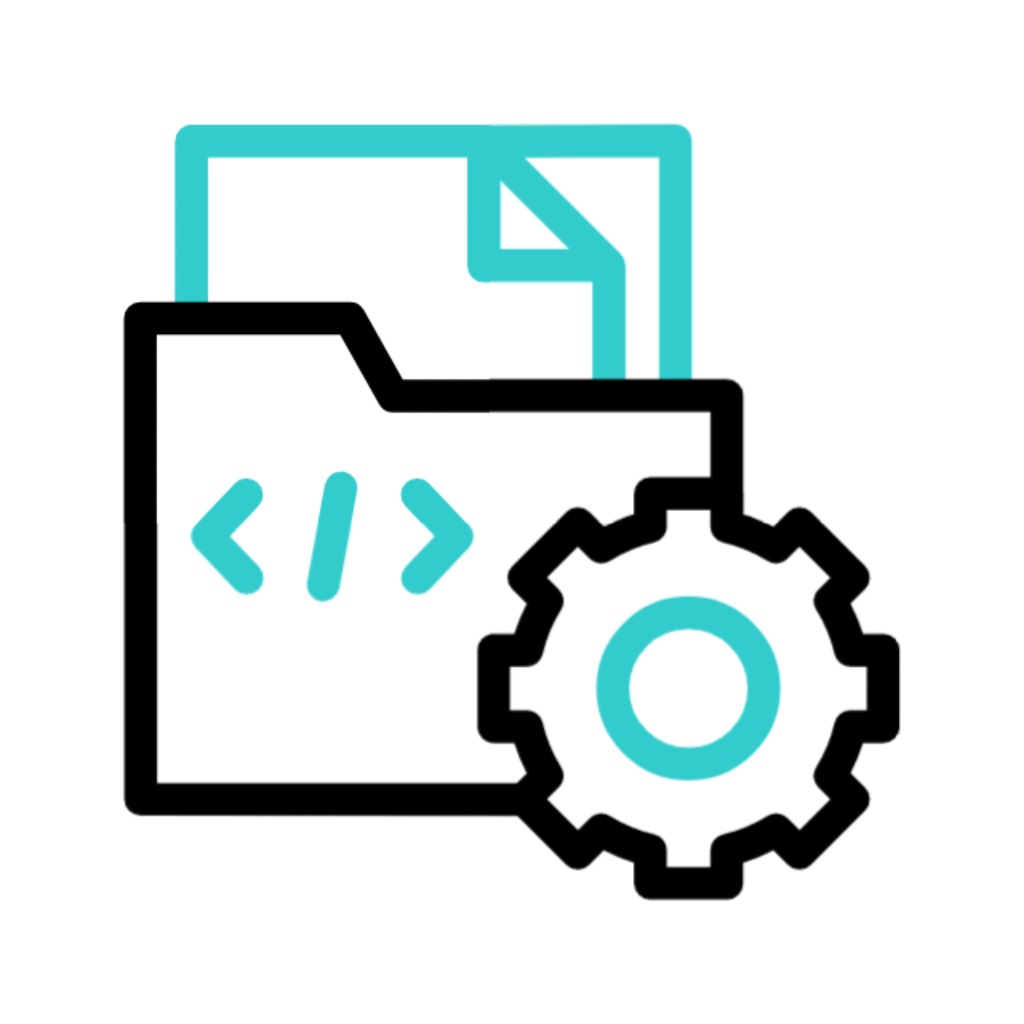

2. Cost-Effective
Unlike proprietary systems like Windows or macOS, Linux is free, reducing overhead costs for large server farms or cloud environments. This cost-effectiveness is crucial for organizations scaling DevOps practices without the burden of licensing fees.
3. Enhanced Security
Linux is renowned for its strong security features, minimizing unauthorized access and malware risks through strict user permissions and system integrity checks. This is especially important in DevOps, where safeguarding sensitive information like credentials, code, and production environments is vital.

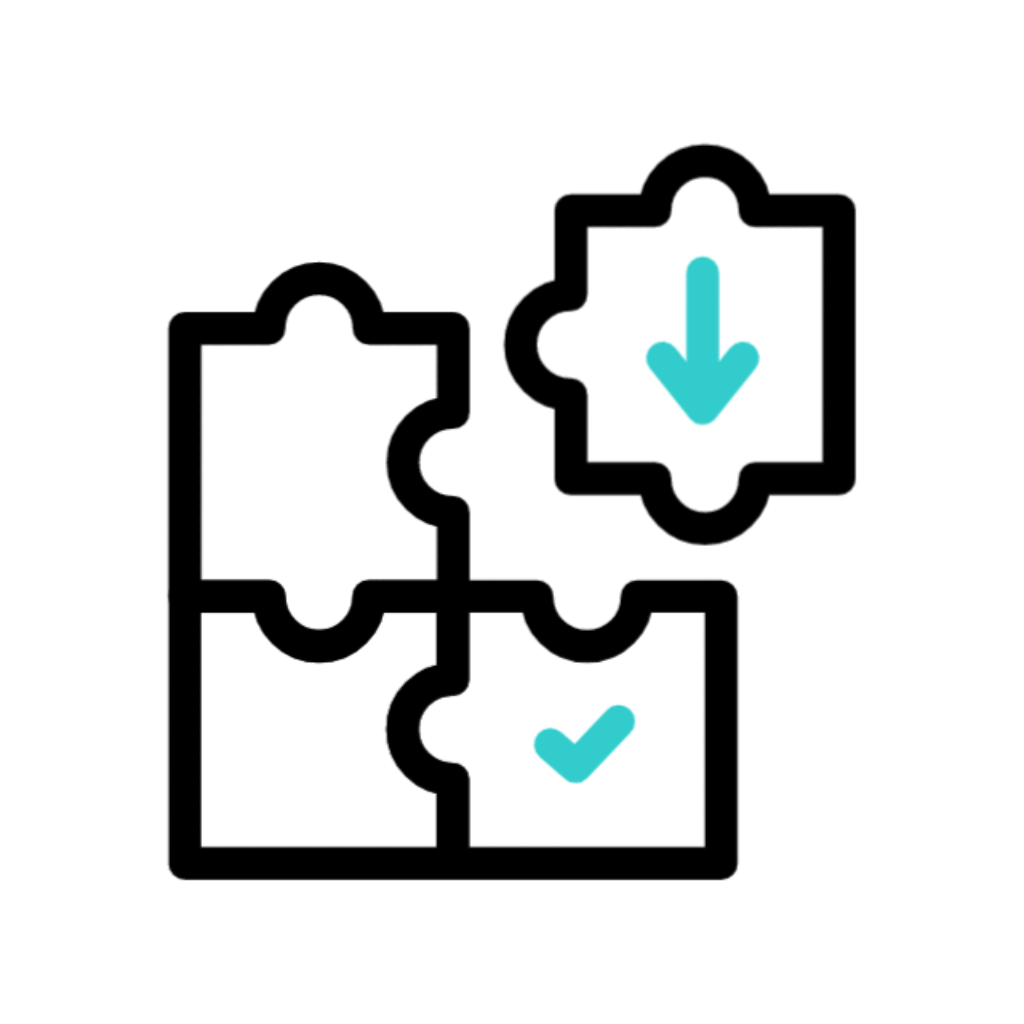
4. Lightweight and Efficient
Many Linux distributions are lightweight and optimized to use minimal system resources. This makes Linux a perfect fit for resource-constrained environments, such as older hardware or containerized applications. In DevOps, the ability to run on low-resource systems and scale efficiently is a major advantage.
5. Stability and Performance
Linux is renowned for its stability and reliability, with many enterprise environments running Linux systems for years without requiring a reboot. This makes it ideal for continuous deployment (CD) environments, where systems must be up and running 24/7 without downtime.

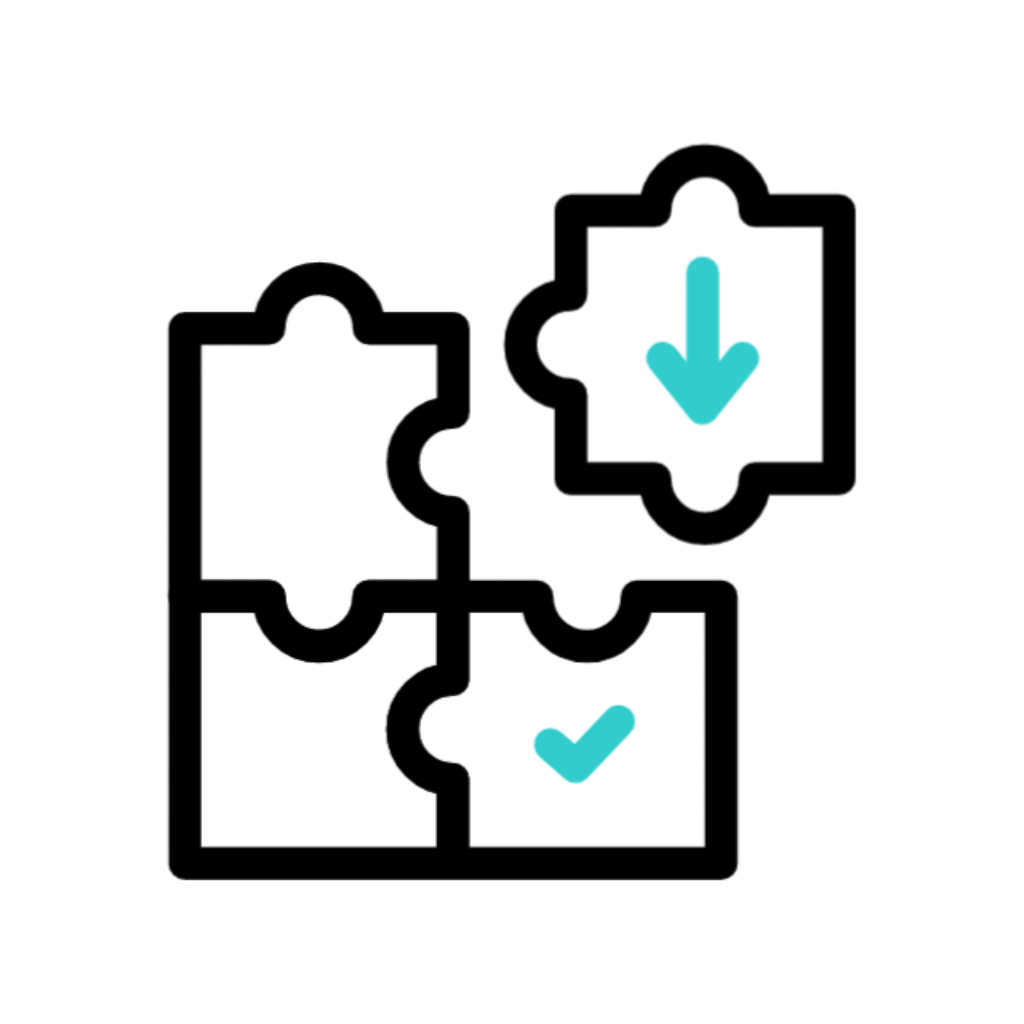
6. Versatility and Compatibility Linux supports a wide array of programming languages, tools, and platforms, making it the perfect operating system for a DevOps workflow. It’s compatible with containerization tools like Docker and orchestration platforms like Kubernetes, both of which are central to modern DevOps practices.
Why DevOps with Linux is Indispensable
Linux plays a central role in many DevOps practices. Here are a few areas where its importance is most pronounced:
1. Dominance in Server Environments
The majority of servers and cloud infrastructures run on Linux. From web servers (like Apache and Nginx) to cloud platforms (AWS, Google Cloud, Azure), understanding Linux commands and configurations is essential for managing and optimizing these systems.
2. Scripting and Automation
Automation is a key principle in DevOps, and Linux excels in this area. The powerful command-line interface (CLI) allows DevOps engineers to automate a wide variety of tasks, from simple file management to complex system configurations, through scripting. Tools like Bash, Python, and Shell scripting are commonly used in DevOps workflows.
3. Infrastructure as Code (IaC)
Infrastructure as Code (IaC) tools like Terraform, Ansible, and Puppet are commonly used in DevOps to automate infrastructure provisioning and configuration. These tools are often CLI-driven, and they work seamlessly in Linux environments, allowing DevOps teams to manage infrastructure using code.
4. Containerization
Containers, particularly Docker, have become integral to modern DevOps pipelines. Linux is the native operating system for Docker, providing an efficient environment for packaging applications in lightweight, portable containers. Kubernetes, the leading orchestration platform, also has native support for Linux, making it easy to scale containerized applications.
5. Monitoring and Troubleshooting
Linux provides powerful utilities for monitoring system performance and diagnosing issues. Tools like top, htop, netstat, and grep enable DevOps professionals to troubleshoot quickly and maintain system integrity. In a production environment, where uptime is critical, these tools allow for quick identification and resolution of issues.
6. Security and Permissions Management
Linux is designed with a strong security model, offering fine-grained control over user permissions and access rights. This is essential in a DevOps environment, where multiple teams may need different levels of access to code repositories, servers, and deployment environments.
Is DevOps Hard to Learn?
For many, DevOps can seem like an overwhelming field to master. It’s a multidisciplinary domain that integrates software development, IT operations, automation, and culture. So, how difficult is it to learn DevOps?
The Challenges of Learning DevOps
One of the most challenging aspects of learning DevOps is its breadth. It spans several practices, tools, and methodologies, from software development and integration to deployment and monitoring. A DevOps engineer needs to understand coding, automation, infrastructure management, and system operations, along with principles of collaboration and continuous improvement.
For those coming from either a development or operations background, the biggest hurdle is integration. Developers must understand operational concerns, like deployment and monitoring, while operations professionals must get up to speed with coding, CI/CD pipelines, and version control systems. This integration of disciplines requires a mindset shift, but it is certainly achievable with focused effort.
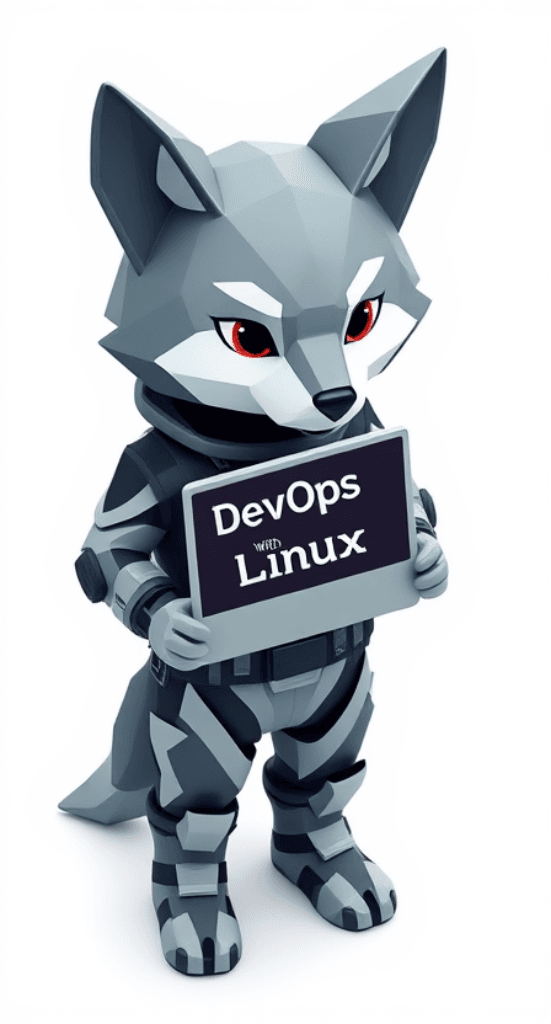
How Long Does It Take to Learn DevOps?
The time it takes to learn DevOps depends on your background and the depth of knowledge you wish to achieve. If you’re a beginner with little experience in software development or IT operations, it may take several months to grasp core DevOps concepts such as continuous integration (CI), continuous delivery (CD), and automation tools. However, becoming proficient in using DevOps tools and practices in real-world, complex scenarios may take one to two years.

What makes DevOps unique is its focus on continuous learning. As the field evolves rapidly, professionals must stay updated with new tools, practices, and technologies. Embracing this culture of lifelong learning is essential for success in the ever-changing DevOps landscape.
How to Get Started with DevOps
Starting your DevOps journey requires a structured approach. Here are key steps to help you get started:
1. Learn the Core Principles
Begin by learning the core principles of DevOps, including:
- Continuous Integration (CI)
- Continuous Delivery (CD)
- Infrastructure as Code (IaC)
- Automation and Monitoring
- Collaboration and communication
There are numerous online courses, books, and resources to help you get a solid understanding of these principles.
2. Master the Tools
Familiarize yourself with the tools used in the DevOps pipeline. These include:
- Version Control: Git and GitHub
- CI/CD Tools: Jenkins, CircleCI, Travis CI
- Configuration Management: Ansible, Puppet, Chef
- Containerization: Docker, Kubernetes
- Cloud Platforms: AWS, Azure, Google Cloud
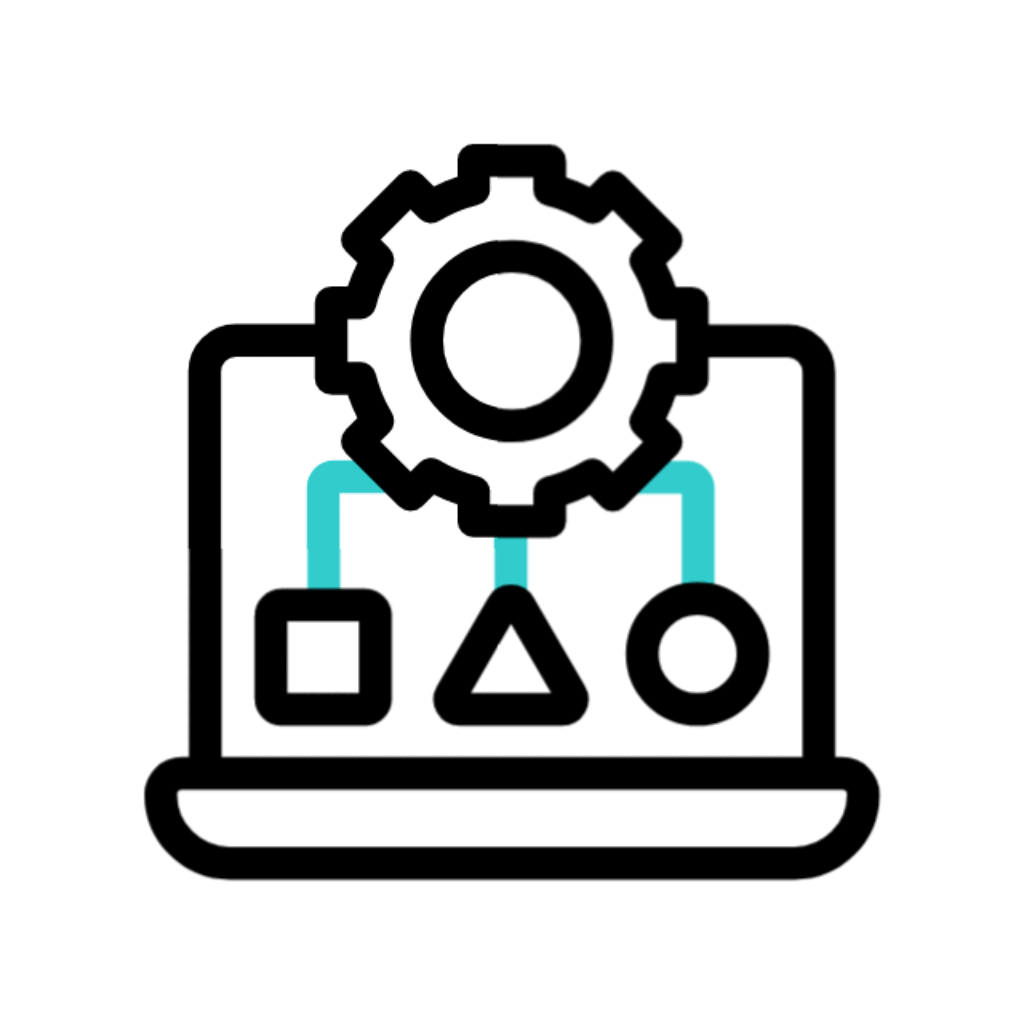
Hands-on practice with these tools is essential to internalize DevOps concepts.
3. Get Certified
A DevOps certification from recognized platforms (like AWS, Google Cloud, or the DevOps Institute) can help formalize your learning and enhance your credibility in the field.

4. Practice
The best way to learn DevOps is by practicing. Start by building simple projects where you can apply CI/CD, automation, and version control. Use cloud services like AWS or Azure to practice deploying and managing applications.
5. Engage with the Community
DevOps is a culture of collaboration, and getting involved in online forums, local meetups, or open-source projects will expose you to a wealth of knowledge. Networking with others in the field can help you learn from their experiences and discover new tools and techniques.
6. Adopt the DevOps Mindset
DevOps is as much about mindset as it is about technical skills. Embrace a culture of continuous improvement, collaboration, and openness to failure. Failure in DevOps is seen as an opportunity to learn and grow, not as a setback.
Conclusion
In conclusion, mastering DevOps with Linux is not only about technical skills but also about fostering a culture of collaboration and continuous improvement. As DevOps practices grow, Linux remains a key enabler due to its flexibility, security, and open-source nature.
By embracing hands-on practice and ongoing learning, you can leverage Linux to optimize workflows and drive innovation. Ultimately, combining Linux and DevOps will empower you to lead in the evolving tech landscape.
What’s your favorite Linux tool for DevOps, and how has it helped you streamline your workflow?


